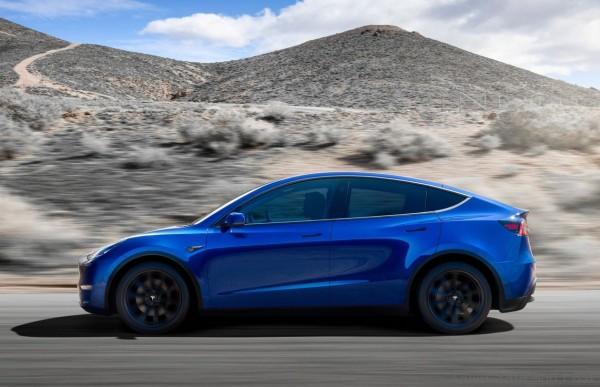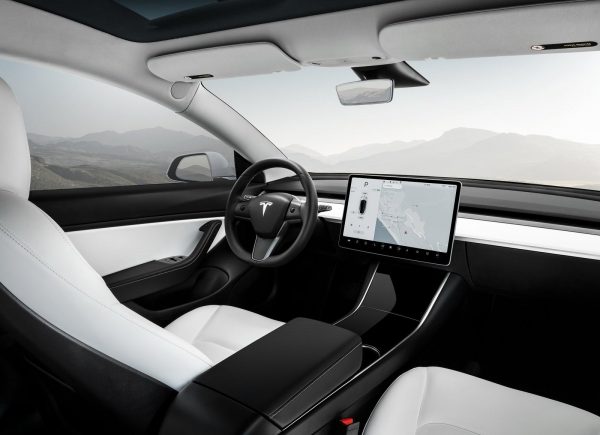Chinese Military Bans Use Of Tesla Over Spying Concerns
The Chinese military claims that the cameras on Tesla cars can be used to gather sensitive data but Elon Musk was quick to deny it
From driving themselves on the highway to finding their owners anywhere in a parking lot, Tesla cars are practically capable of anything. But can they carry out espionage activities? Apparently, the Chinese government thinks so.

According to reports, the Chinese military has banned Tesla cars from entering its complexes and housing compounds over concerns about sensitive data being collected via the cars’ bevy of built-in cameras in a way the Chinese government can’t see or control. Tesla owners, instead, are advised to park their cars outside the premises to prevent security threats.
In response to the ban, Tesla boss Elon Musk said his company would be shut down if its cars were used for the purposes of spying. He added that there’s a strong incentive for Tesla to be very confidential with any information.

Musk was speaking at the China Development Forum, hours after a screenshot of an order issued at a military accommodation complex banning Tesla vehicles circulated on Chinese social media.
Like many other premium vehicles, be it electric or ICE-powered, Tesla cars rely on exterior cameras and ultrasonic sensors to “see” and navigate while performing specific tasks such as automatic parking and autonomous driving.

Some of its models, such as the Model 3, are equipped with an interior camera (located right behind the rearview mirror) with the capability to track eye and head movements, to see whether the driver is looking ahead or down away from the road. In addition, the camera is also capable of detecting phone use behind the wheel and if the driver is looking down while wearing sunglasses.
Tesla currently assembles the Model 3 and Model Y at its Shanghai gigafactory, which has the capacity to produce up to 8,000 vehicles per week.














